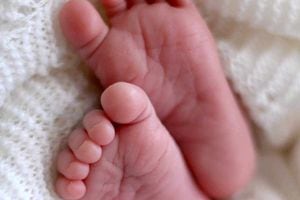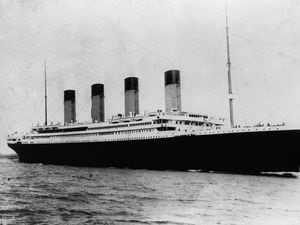Star comment: Difficult maternity decisions
When one looks back at how life has changed over the past 100 years or so, it is hard not to marvel at the great strides in medical care.

Conditions considered terminal in the early 20th century are now cured as a matter of routine, while techniques, drugs and equipment unheard of even a generation ago are now used by highly skilled medics every day.
Those behind the plans to shake-up maternity services across Shropshire will doubtless see the changes proposed as a continuation of this logic.
Mother-to-be Liz Haines says she is so concerned about the prospect of having to travel from her home in Ellesmere that she is considering a move to Wiltshire.
In many ways, Shropshire’s fragmented child-birth services are a legacy of a bygone age, when every market town had its own council, fire station and cottage hospital.
But while many urban areas have benefited from the move to centralised state-of-the-art “super hospitals” with cutting edge medical care, Shropshire’s unique geography has always made this difficult. England’s largest inland county with its sparse rural population has always been challenging when it comes to providing the best care in the best possible location.
Proponents of the reorganisation say the present system, with a consultant-led centre in Telford and midwife-led units dotted around the rest of the county, is not serving patients as well as it could. Midwives are not where they are needed most, and there are variations in quality, they argue.
This may well be the case, but health chiefs also have to consider the fears and concerns – whether justified or not – of mothers-to-be affected by these changes.
For all the faults of our stretched health service, maternity care today is a world away from the squalid conditions of Victorian Britain, and no right-thinking person wants to stand in the way of progress.
At the same time, we must never lose sight of the fact that bringing a child into the world is a life-changing experience.
What makes sense in a presentation about outcomes, statistics and community hubs may not always work for a stressed, worried mother about to go into labour.
We must never forget the human touch.





